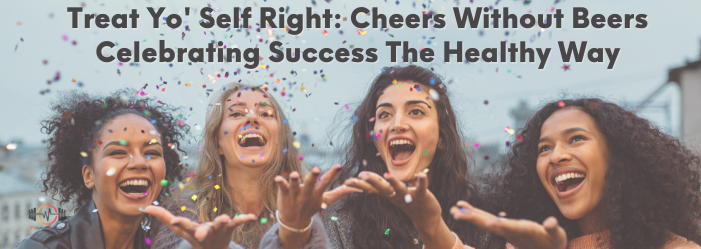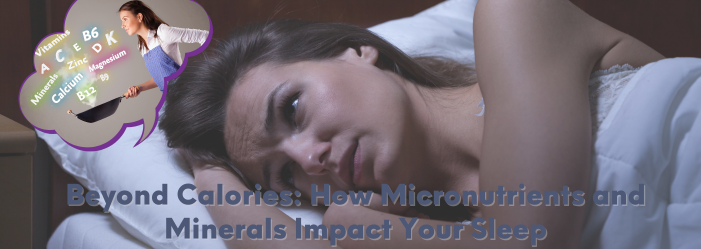Blog Post
This is a subtitle for your new post
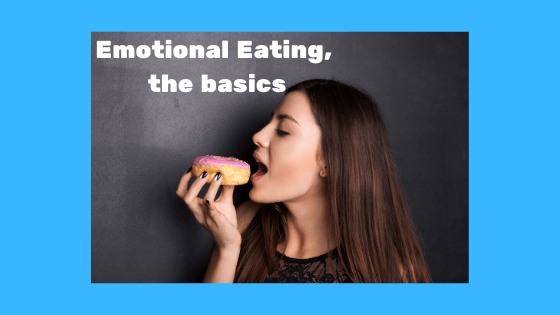
How do you handle your emotions? Do you turn to or away from food as a result of your emotions and feelings?
If you do, you're not alone. The American Psychological Association (APA) just released findings of a study that reported 30% of adults say they have overeaten or eaten unhealthy foods in the past month because of stress. Another 30% of adults report skipping a meal due to stress. That's 60% of adults who are allowing their health and weight to be affected by the stress in their life. Recognizing, understanding and controlling your stress is critical to your ability to reach your goals and maintain your healthy body weight.
Why do we turn to food when we're feeling sad, depressed, anxious, stressed, or any other less-than-happy, feeling?
We turn to food because it's a sure thing. We know the end result, the feeling we will have if we do or don't consume it. When it feels like the world around us is in chaos, we're desperate to grab onto something sure and stable. Often that sure thing is food, especially comfort food. To manage stress eating or not eating, we really have to have a deeper understanding of our emotions.
There is a deeper need not being met.
Tony Robbins is famous for the 6 human needs that he's identified. They do well to help us understand emotional eating too. The six core human needs are certainty, variety, significance, love and connection, growth and contribution. The first four needs are defined as needs of the personality and the last two are identified as needs of the spirit.
Here is how they apply to eating:
Certainty - When you are in chaos, you seek out certainty. Food provides that because you know exactly how the food you choose will taste, how you will feel after you eat it and that it's available to you.
Variety - When you're depressed or lonely, variety can serve to lift your spirits. Food provides an endless variety of options so you fill this need easily and feel better immediately.
The last few can be grouped together in this way. We often use food as a centerpiece for social gatherings, for rewards or celebrations and as a way to participate in social events. Whether it's a potluck with church groups, a holiday dinner, or a gift basket, all of these food items bring with them feelings of happiness. You feel significant because you contributed and others enjoyed your dish. You feel loved and connected by sharing a meal together. You feel good because you contributed to the event.
Identify what your core need is and find different way to meet it.
In order to stop the emotional eating cycle, we have to identify which need is not being met. Once you realize that you are lonely or need some variety, you can seek out a better way to meet that need. Even better is to change your behavior and mindset to prevent the need from arising. Fulfill that need before it becomes urgent. If your need is to feel certainty, find ways to reassure yourself of plans like making lists and schedules ahead of time. This will help to diminish the chaos in your life and remove the desire to eat to feel certainty and control.
Non-eating emotional eaters we're talking to you too.
Those of you who stop eating when you are stressed are causing yourself a whole host of problems as well. When you're stressed your brain switches into fight or flight mode and will shut down all systems not vital to your physical survival. Often this causes us to not feel hunger signals. Our bodies are incredibly sophisticated computers and have an alarm system for many different threats. One is stress, another is starvation. Your body is programmed for survival above all else. If you are not eating, it believes it is facing famine and will begin to store fat, burn muscle and slow down unnecessary functions. So by allowing your stress to cause you to miss meals, you're body is under double stress trying to keep you alive and to run only the most important functions. As mentioned above, identifying the causes of stress and the needs not being met, then finding healthy ways to fulfill those needs will help you to control your eating in a more healthful way.
More than half of adults allow their emotions to affect their eating, and over half of those, say that it is a habit and occurs on a weekly basis. The cycle of emotional eating will continue until you make a conscious effort to stop it. The relationship between stress and eating habits is formed early in our lives, but is not irreversible. Habits of stress eating or starvation create lasting impacts on our health and are often cited as the precursor to diabetes, heart disease, high blood pressure and other dangerous ailments. Learning to be conscious of our mindset, our emotions and controlling our environment will go a long way to helping us maintain a healthy weight and healthy body.
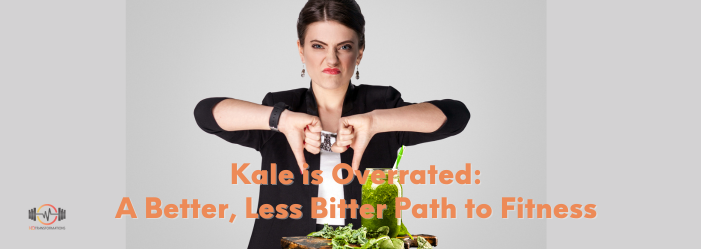
By Heather Dumas
•
11 Apr, 2024
Discover a fresh approach to wellness that goes beyond gym routines and diets. Learn how a personalized healthy lifestyle strategy, tailored to your unique life, can lead to sustainable, joyful, and effective fitness results. Embrace flexibility, happiness, and a holistic view of health in this transformative journey.
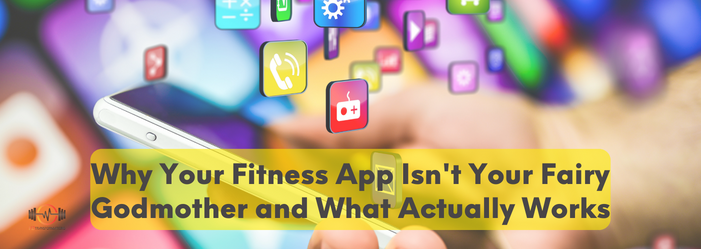
By Heather Dumas
•
04 Apr, 2024
Dive into the heart of health and fitness with a straight-talking guide to ditching quick fixes for a personalized, sustainable journey. Discover the power of consistency, investment in quality guidance, and the transformation that comes from a plan tailored just for you.
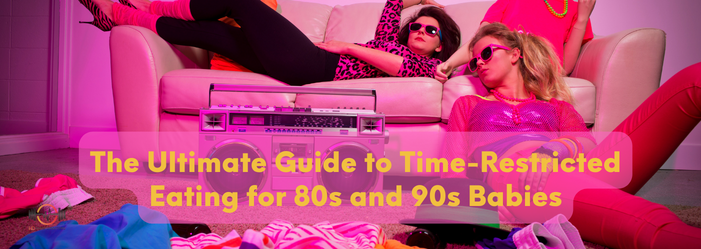
By Heather Dumas
•
21 Mar, 2024
Explore the transformative journey of intermittent fasting for 80s and 90s babies. Dive into how time-restricted eating, balanced meal timing, and mindful practices can revamp your metabolism, enhance sleep quality, and lead to a healthier, more attuned lifestyle after 35.

By Heather Dumas
•
14 Mar, 2024
Discover the pivotal moment when seeking help transforms from a last resort to a strategic move towards personal growth and achievement. Dive into a candid discussion on recognizing your breaking point, the undeniable value of expert guidance, and the life-changing outcomes of embracing support. Join us on a journey from DIY attempts to triumphant transformations.





